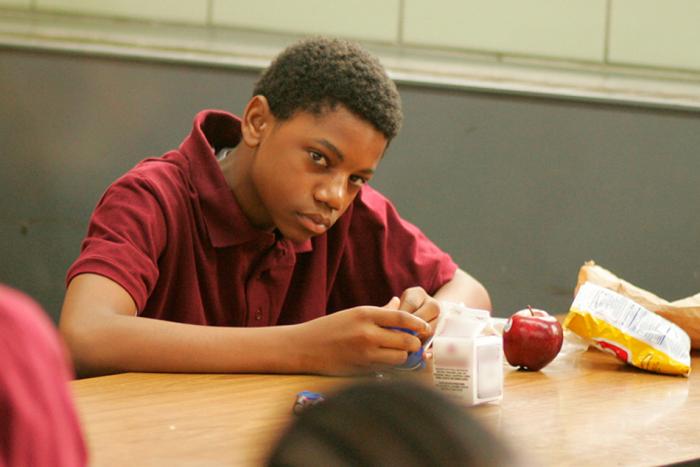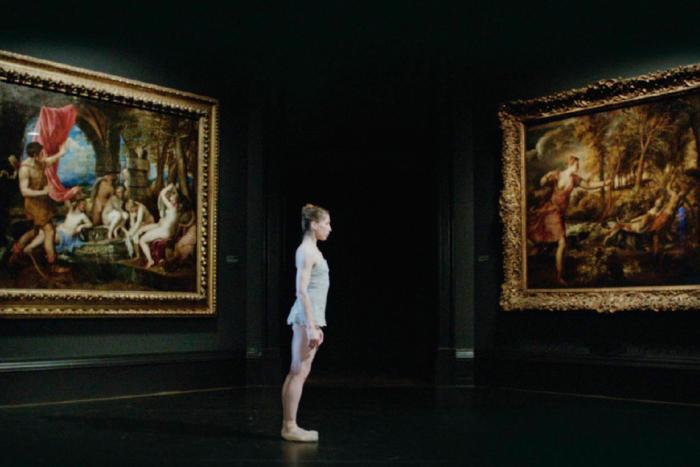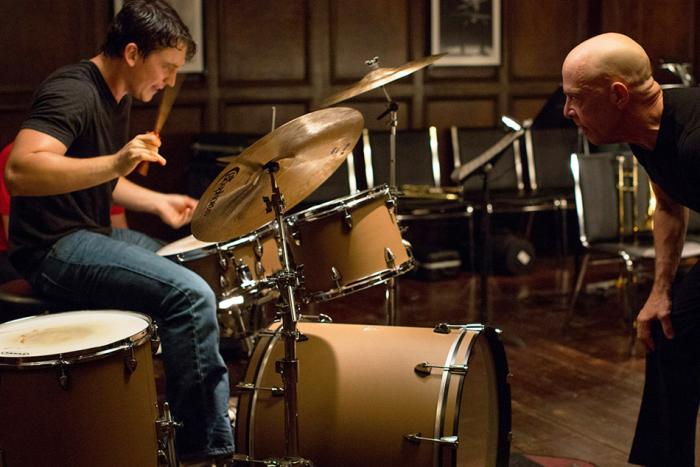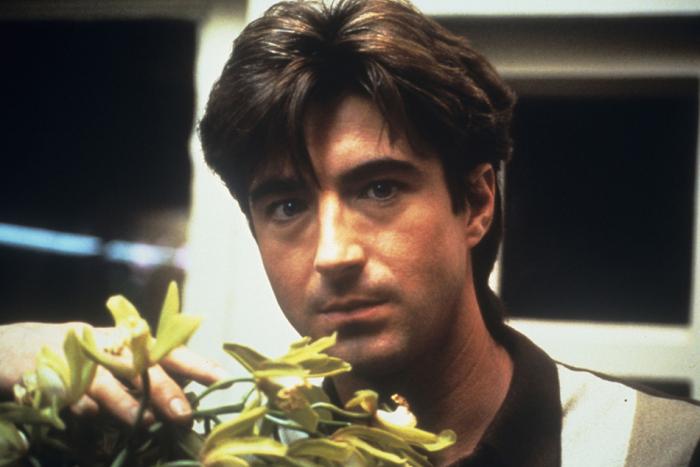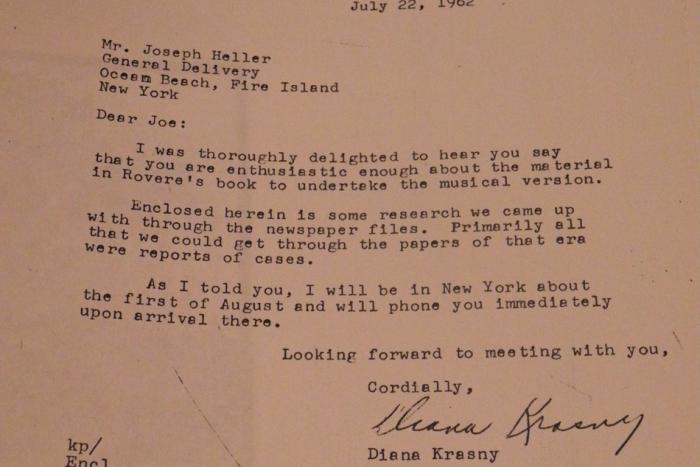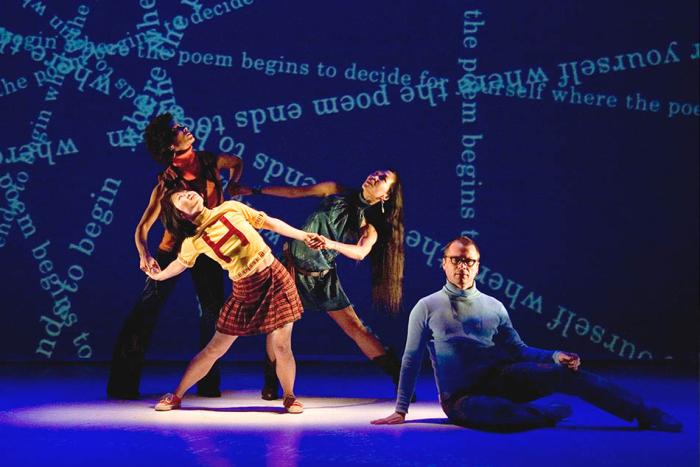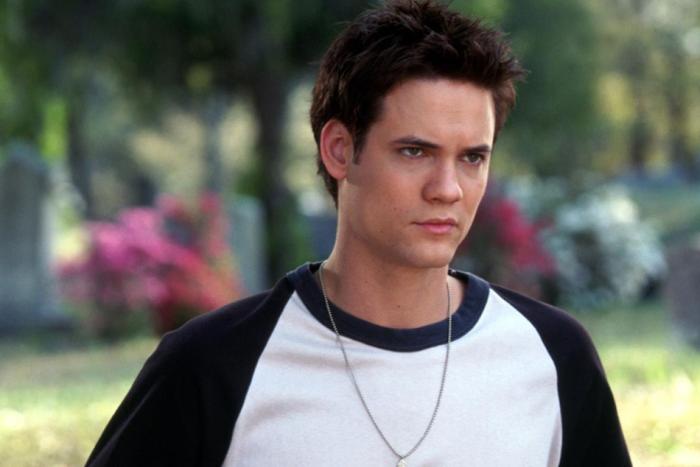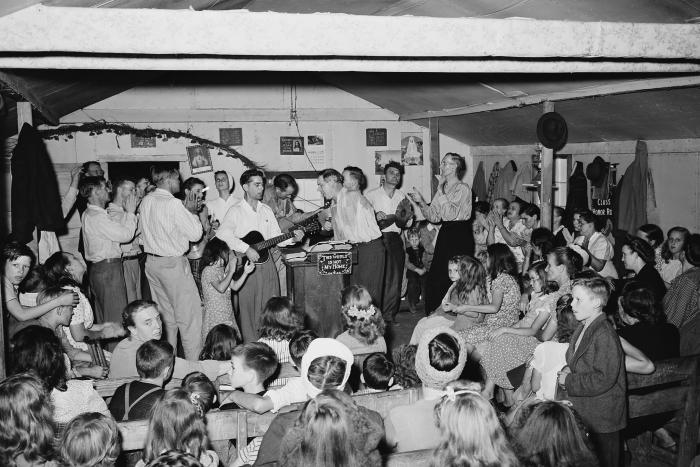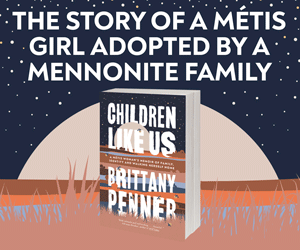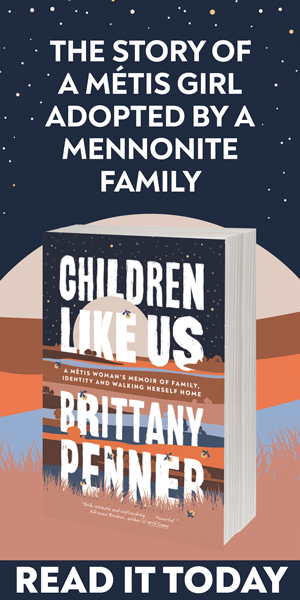Or: You expect me to pay two dollars for a tomato?
Readings
The Latest
As Dana Goldstein writes in The Teacher Wars, education is at the centre of any national project. But are teachers agents of equality, or are they too often forced to be the opposite?
The National Gallery filmmaker talks about cultural elitism, film vs. digital, and the challenges of bringing artwork to life on screen.
Two new films, Whiplash and Adult Beginners, make the same point: that real happiness means abandoning the obsessiveness required for greatness. Only one of them thinks this is a bad thing.
On seasonal affective disorder, (still) sweating too much, and hating other people while also needing to pay your rent. Plus: a few words from special guest advicetician Douglas Coupland.
Before Catch-22 became a huge success, Joseph Heller wrote the play that he believed would make his fortune. Fifty years later, the lewd production has almost entirely been written out of his career.
Matthew L. Miller's "Can't You See It, I Am One" gallery show is a challenge to—and rejection of—one of the central tenets of self-portraiture: that the artist himself is the subject.
The revival of The Four Horsemen Project uses dance, projection, and immersive sound to answer a call made by avant-garde poets 30 years ago.
How Alex from Target reminds us of a time when the Internet was a wide-open space of mostly innocent nothingness.
In this excerpt from her new book on religious violence, Fields of Blood, Karen Armstrong examines the psychological impact of World War I and the birth Protestant fundamentalism in the U.S.
Pagination
- Previous page
- Page 124
- Next page


